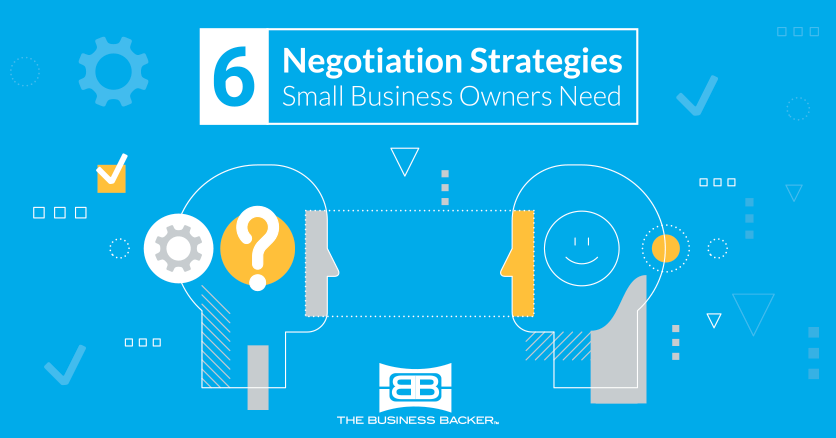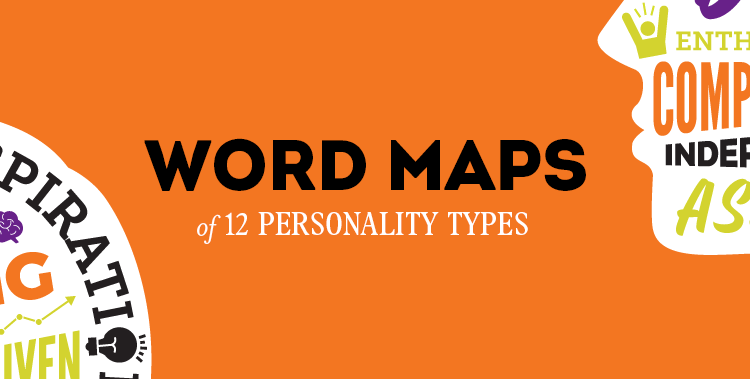Monthly Challenge Negotiation Strategies That Could Help Your Business
You have to employ a lot of skills to be a successful small business owner: accounting, leadership, organization, etc. An important skill that often gets overlooked is the ability to negotiate. From simply scheduling conversations with your co-manager to managing major finance-based contracts, your negotiation strategies can make a significant impact on your business (positive and negative!).
With some preparation and effort, anyone can be a great negotiator. Use the tips below to better understand the strategies you can implement to help negotiate the best deal for your small business.
“I win” is a one-way ticket to “I won’t.”
You may enter a negotiation knowing exactly what you want out of it. Most likely, the other person has considered the outcome they want as well. These two things do not have to be mutually exclusive. It’s easy to get into the win-lose mentality, but a good negotiator will try to plan ahead for a happy medium. This isn’t being weak, but understanding that someone is more likely to give you what you want if you are willing to do the same. Aim for a win-win result for any negotiation, especially if it’s someone you’re likely to work with again. A win-win negotiation is better for your relationship in the long run.
Create a motivational hypothesis, but don’t latch yourself to the assumption.
Come prepared to any negotiation with potential motivators for the other party. These are important points that you can use to leverage the discussion and help get what you want simply by putting pressure on the things you know are probably motivating them. That being said, listen well — the conclusions you came to during your preparation could be wrong, and you’ll need to adjust quickly if your assumptions don’t hold true. The important part is to look at the terms from the perspective of the person you’ll be negotiating with and to empathize where appropriate to leverage the conversation.
Break it down when you hit a wall.
If it’s clear that the negotiation is not progressing and you’re not any closer to a settlement than when you started, take a step back. Maybe there are parts of the negotiation that are working for both parties and others that are not, but it’s all getting lumped up in one big “no.” Take a moment to start the discussion over, but break it down into smaller parts. Discuss each area of concern independently from all the others. This way, you can help pinpoint the spots that are causing the conflict and potentially move closer to a resolution.
Shift your line of questioning.
Aggressive questions will generally be met with defensive answers. Don’t think of negotiations as a combative endeavor — remember you want both parties to come out happy. Take time to formulate questions in a particular way before you ask them. Avoid asking things like “what do you want?” which may come off as hostile, and choose questions more in line with feelings and motivations. A better way to ask “what do you want” may be “what are some of the factors that lead into this recommendation.” That way, you not only get the “what,” you also get the “why” of their argument as well.
Don’t be shy or afraid to get a little personal.
When appropriate, share a tidbit or two of personal information about yourself. Studies have shown that sharing even a small insignificant (but personal) fact about yourself tends to build trust and understanding with the other negotiating party — this encourages a more positive outcome.1
Extend the terms first.
It may feel foreign to lay all your cards on the table first, especially if you’re looking to gain something from the other party, but this strategy can be useful when implemented properly. Studies show that those who are assertive and make the first move tend have the situation lean in their favor — being bold sets the stage and can give you the little bit of leverage you need.1 It also shows that you’re confident and know what you want. This doesn’t mean you can’t compromise, but it certainly establishes that you’re a force to be reckoned with.
References
1Hephner, L. (August 19, 2014). 15 negotiation strategies & tactics for small business. Retrieved May 17, 2017, from https://paysimple.com/blog/15-negotiation-strategies-tactics-for-small-business/





